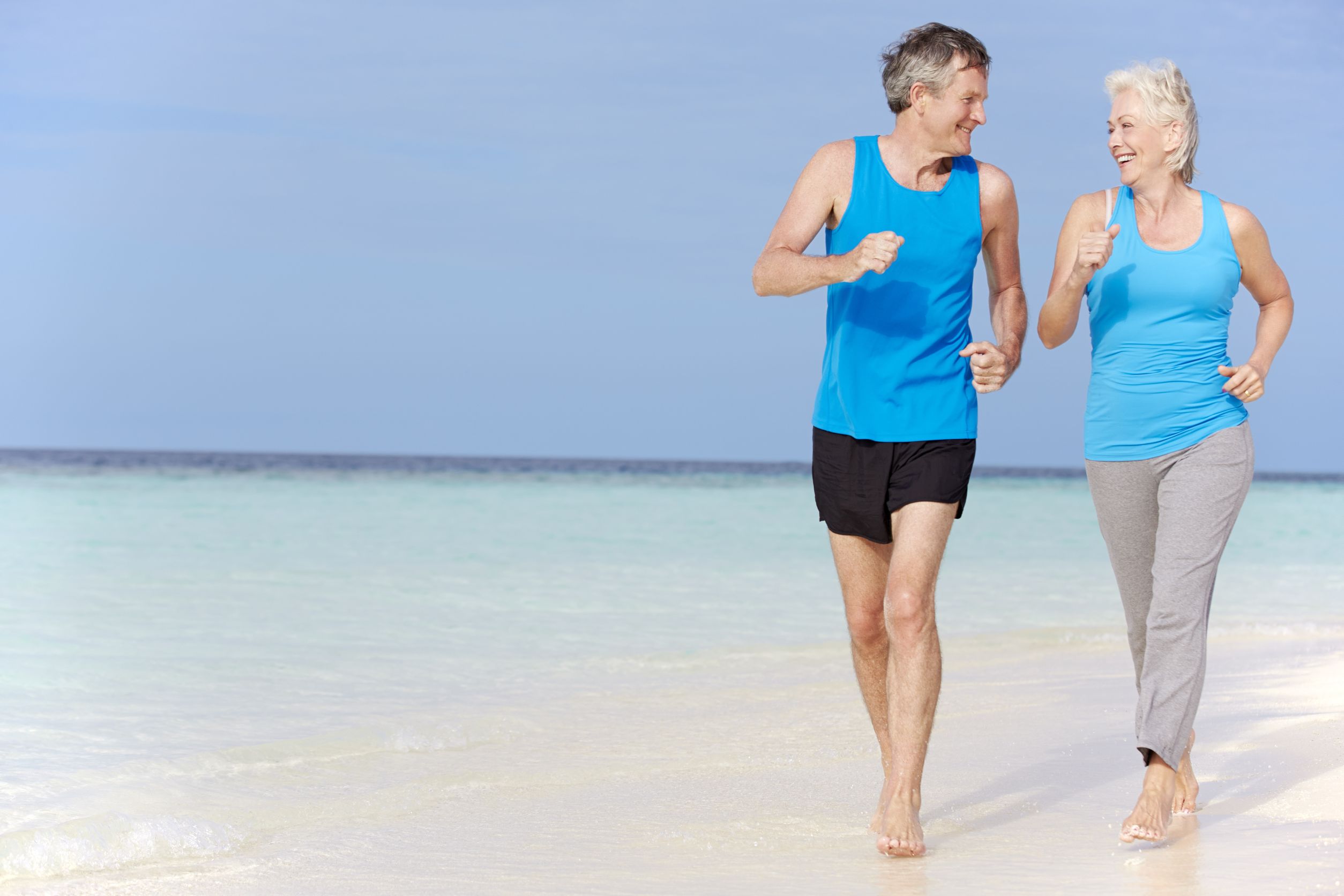Proper nutrition is just as essential as the right gear for excelling in winter sports. Whether skiing, snowboarding, ice skating, or snowshoeing, fueling your body before, during, and after your activity ensures you maintain energy, optimize performance, and recover effectively. Here’s how to structure your meals and snacks for maximum endurance and recovery during winter adventures.
Pre-Activity Nutrition: Fueling Up for Optimal Performance
Before you head out for a day of winter sports, eating a balanced meal will give you the energy you need to power through your activity. The key is focusing on complex carbohydrates, healthy fats, and moderate protein to ensure sustained energy and prevent fatigue.
What to Eat Before Winter Sports:
- Complex Carbohydrates: Complex Carbohydrates are slow-digesting and provide long-lasting energy. Whole grains such as oats, quinoa, and brown rice are excellent choices. They release glucose gradually, stabilizing your energy levels during physical exertion.
- Healthy Fats: Healthy fats, such as those found in avocados, nuts, seeds, and olive oil, help fuel your body and provide a longer-lasting energy source. They’re also important for overall health, including joint support, which is crucial for winter sports.
- Protein: Protein is vital for muscle function and repair. To support muscle endurance, include moderate amounts of lean protein sources like eggs, yogurt, chicken, or tofu.
- Fruits and Vegetables: Fresh fruits and vegetables provide essential vitamins, minerals, and antioxidants that help fight fatigue and reduce inflammation. Berries, oranges, spinach, and carrots are excellent pre-activity choices.
Example Pre-Activity Meal:
- A bowl of oatmeal topped with berries and a handful of nuts or seeds.
- Whole-grain toast with avocado and a scrambled egg.
During Activity: Maintaining Energy with Smart Snacks
For longer winter activities, such as cross-country skiing, snowshoeing, or an all-day snowboarding session, it’s important to maintain your energy levels with portable snacks. Eating regularly throughout the activity will help prevent energy dips and keep you going strong.
What to Eat During Winter Sports:
- Energy Bars: Look for energy bars made from whole ingredients, including oats, nuts, dried fruit, and seeds. These bars are compact, easy to carry, and provide a good mix of carbohydrates, protein, and fats to keep your energy up.
- Trail Mix: A mix of nuts, seeds, dried fruit, and perhaps a few chocolate chips can provide a quick boost of energy. Nuts offer healthy fats and protein, while dried fruit delivers a quick sugar source for a fast energy boost.
- Nut Butter Packs: Single-serve nut butter packs are a great way to boost protein and fat during activity. Pair them with whole-grain crackers or apple slices for a complete snack.
- Fresh Fruit: Whole fruits like apples, bananas, oranges are easy to carry and provide natural sugars, fiber, and hydration. Bananas are especially good for replenishing potassium, which helps maintain muscle function during exertion.
Example During Activity Snacks:
- A handful of trail mix with almonds, raisins, and dark chocolate.
- A banana with a small packet of almond butter.
- A protein energy bar with oats, nuts, and seeds.
Post-Activity Nutrition: Recovery to Repair and Rebuild
After your winter sports session, your body needs to recover by replenishing lost nutrients and repairing muscle tissue. Post-activity nutrition is critical for muscle recovery, preventing soreness, and replenishing glycogen stores.
What to Eat After Winter Sports:
- Protein: Consuming protein post-activity helps with muscle repair and recovery. Aim for about 20–30 grams of high-quality protein. Good sources include lean meats like chicken or turkey, fish, eggs, or plant-based options like tofu and legumes.
- Carbohydrates: Carbs are essential for replenishing the depleted glycogen stores during intense physical activity. Opt for whole grains such as quinoa, sweet potatoes, or brown rice to restore energy levels.
- Fruits & Vegetables: Antioxidant-rich fruits and vegetables help reduce inflammation and speed up recovery. Fruits like bananas, berries, and oranges provide a natural sugar boost and essential vitamins.
- Hydration: After your activity, it’s also crucial to rehydrate, especially if you’ve been exerting yourself in cold, dry environments. Water is always important, but adding an electrolyte-rich drink can help replenish lost salts and minerals.
Example Post-Activity Meal:
- Grilled chicken with quinoa and roasted vegetables (like sweet potatoes, broccoli, and carrots).
- A smoothie made with protein powder, banana, berries, and spinach.
- A hearty vegetable stew with lean protein, such as turkey or lentils, and whole grains like farro or barley.
Hydration: Don’t Forget to Stay Hydrated
Even though you may not feel thirsty in cold weather, staying hydrated is just as important in winter sports as in warmer conditions. Dehydration can impair performance, cause fatigue, and slow recovery. Make sure to drink water regularly throughout the day.
- Pre-Activity Hydration: Drink plenty of water before heading out for your winter activity. Consider adding a pinch of salt or an electrolyte tablet to help balance sodium levels, especially if you’ll be active for extended periods.
- During Activity Hydration: Keep a water bottle and take regular sips, even if you’re not thirsty. You can also carry hydration packs or sports drinks for easy access during outdoor activities.
- Post-Activity Hydration: After your winter sports session, drink water or a recovery drink that replenishes lost fluids and electrolytes.
Supplements for Winter Sports
While whole foods should be your primary source of nutrition, certain supplements can help support your performance and recovery:
- Protein Powder: Whey or plant-based protein powders are a quick and convenient option for post-activity recovery.
- Electrolyte Tablets: These help replenish lost electrolytes, such as sodium, potassium, and magnesium, especially if you’ve been sweating a lot during high-intensity activities.
- Omega-3 Fatty Acids: Fish oil or plant-based omega-3 supplements can help reduce inflammation and support joint health, which is crucial for winter athletes.
Conclusion: Fueling Your Winter Sports Adventures
Winter sports require both energy and endurance. Proper pre-activity, during-activity, and post-activity nutrition ensure you have the energy to perform your best, recover effectively, and maintain stamina throughout your adventure. By fueling your body with the right balance of complex carbohydrates, protein, healthy fats, and hydration, you can enhance your performance and enjoy your winter sports activities to the fullest. Whether you’re out on the slopes, trails, or ice, the proper nutrition will keep you going strong from start to finish.




